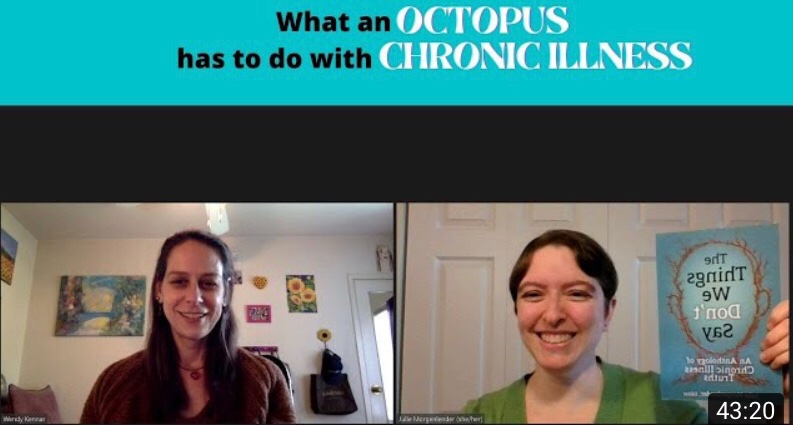Over the years, I’ve taken myself out to lunch. Out to coffee. Out to a movie.
I’ve traveled a bit by myself, too. A writing retreat. An overnight “Mommy-vacation.” Day-long explorations in San Francisco – wandering through the shops in Chinatown, meandering through Golden Gate Park, eating a crepe in the Haight-Ashbury district. (My husband was in all-day trainings for work. While he sat in a hotel conference room, I took the rental car and explored the city.)
I recently read Alone Time: Four Seasons, Four Cities, and the Pleasures of Solitude by Stephanie Rosenbloom.
Ms. Rosenbloom explored four cities – Paris, Istanbul, Florence, and New York – alone. While the book is a reflection of her experiences, it also includes statistical information and academic studies supporting the benefits of solitude and solitary pursuits.
I think sometimes people are afraid to be alone. (And let’s be honest, with so many working and learning from home, alone time is a precious thing.)
Here are a few passages from the book I’d like to share with you:
“Alone time is an invitation, a chance to do the things you’ve longed to do. You can read, code, paint, meditate, practice a language, or go for a stroll.”
“Alone, we can plumb local markets and examine their wares closely. We can breathe in and relish the flavors in a sauce, or the coolness of a pitcher of cream. We don’t necessarily take time to do these things in the presence of company, particularly during lively conversation. A solo meal is an opportunity to go slow; to savor.”
“Even when the outcome isn’t what we hoped it would be, making the effort to experience something new can still be good for us. It can help us think of ourselves as the kind of people who are capable of taking action…”
“…it can whet our appetite for future risks. These risks need not be major. Simply getting out of our comfort zones – trying a different route to work, introducing ourselves to a new neighbor, speaking up for something we believe in – is important…”
“Each day for a week, plan and take a daily vacation by doing something that you enjoy for twenty minutes or more. The vacation can be something as simple as going for a walk around your neighborhood, or thumbing through a book on gardening. Aim to be in the moment…”




